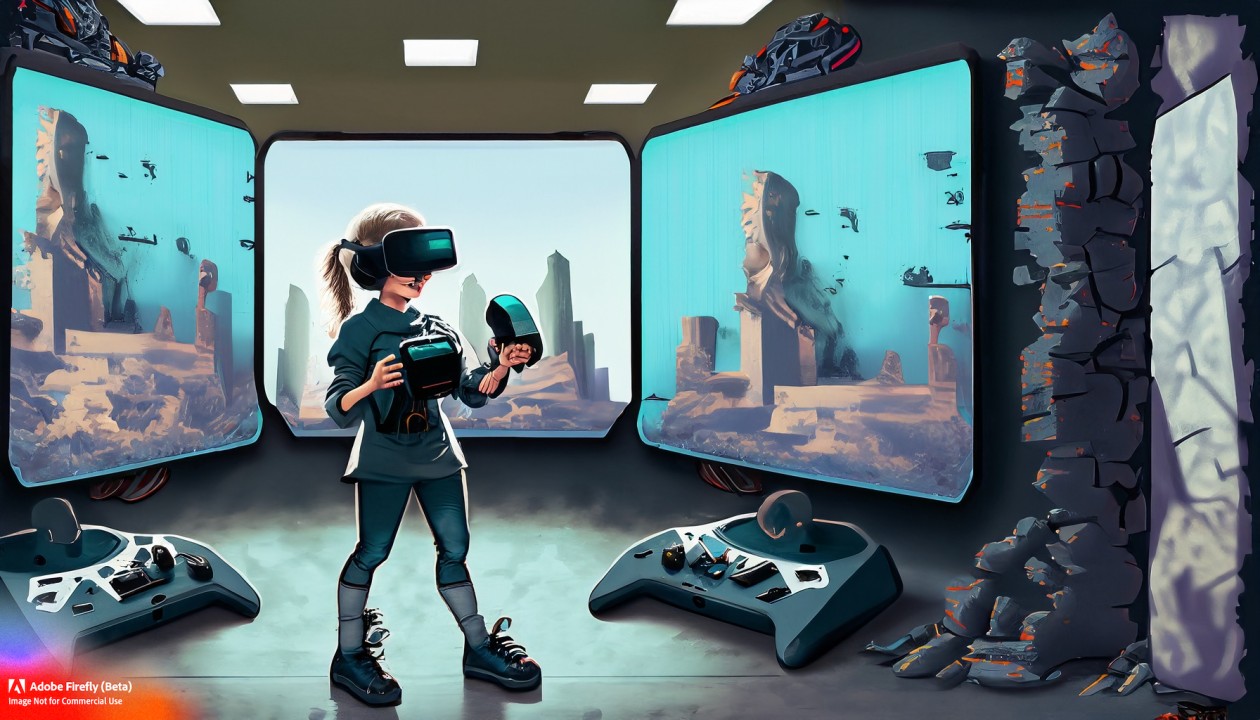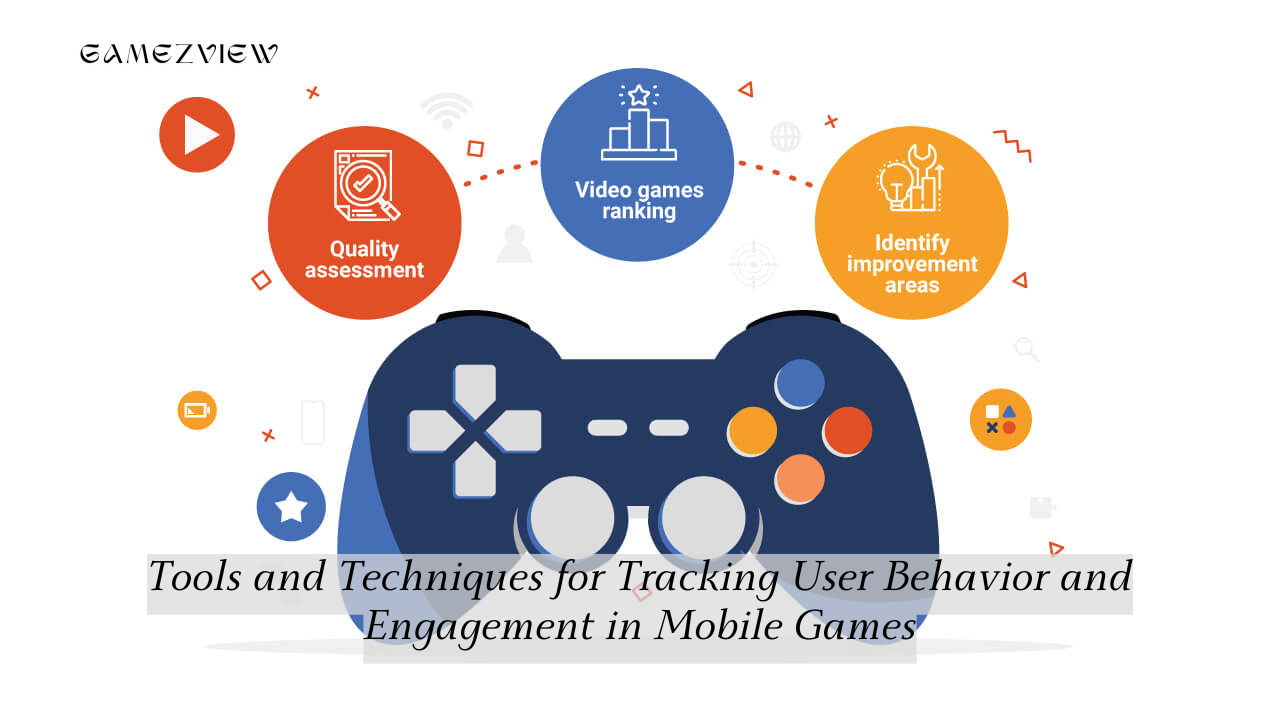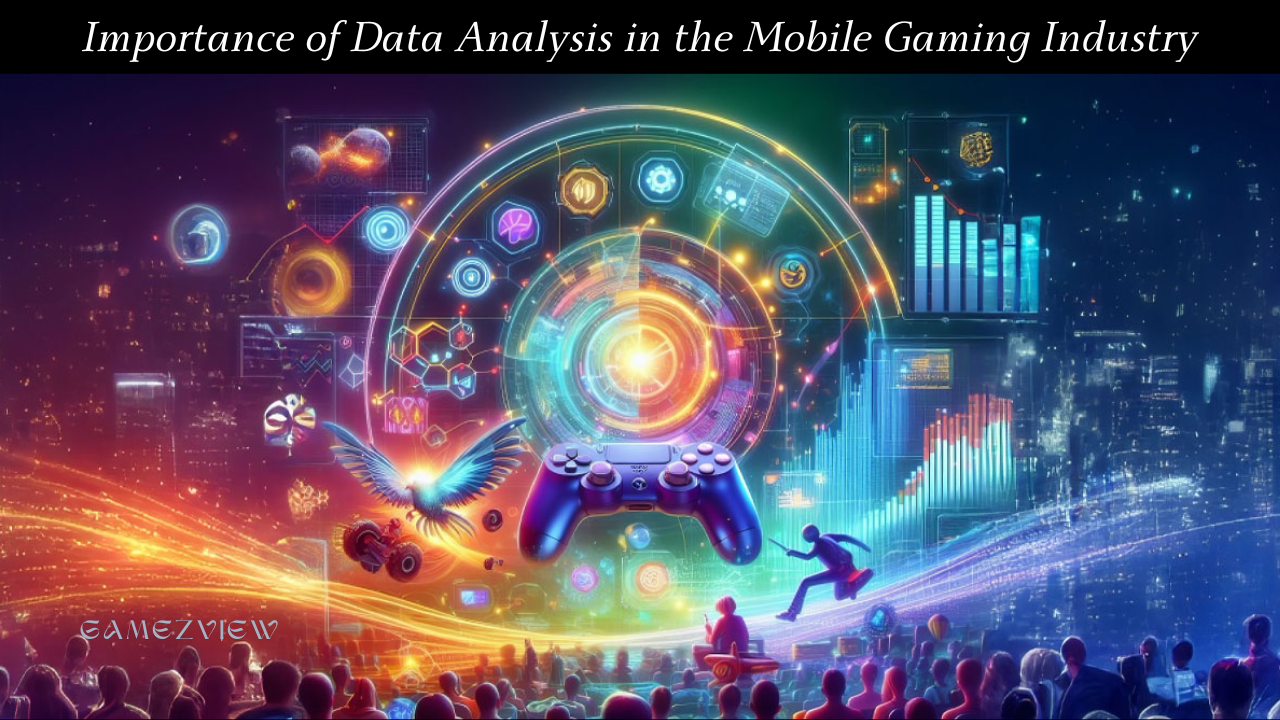The gaming industry has seen exponential growth over the past decade, evolving from a niche pastime to a global phenomenon that impacts billions of lives. As we look forward to the next decade, several trends and predictions promise to shape the future of gaming in profound ways. From advancements in technology to shifts in player expectations and societal impacts, the future of gaming is poised for transformation. In this comprehensive exploration, we’ll delve into the key trends and predictions that are set to define the gaming landscape of the next ten years.
1. The Rise of Cloud Gaming
Cloud gaming, also known as game streaming, has already started to make waves, but its potential over the next decade is immense. Services like Google Stadia, Microsoft’s Xbox Cloud Gaming, and NVIDIA GeForce Now have demonstrated the promise of playing high-quality games without the need for powerful hardware. As internet infrastructure improves globally, cloud gaming will become increasingly accessible, eliminating barriers such as expensive gaming consoles and PCs.
1.1. Enhanced Streaming Quality and Latency
The future of cloud gaming will see significant improvements in streaming quality and latency. With the advent of 5G technology and fibre-optic broadband expansion, the lag and quality issues currently associated with cloud gaming will diminish. Players will experience near-instantaneous responsiveness and high-definition visuals, making cloud gaming a viable alternative to traditional gaming setups.
1.2. Integration with AI and Machine Learning
Cloud gaming platforms will integrate advanced AI and machine learning to optimize game performance and personalize experiences. AI will be used to predict and adjust settings based on player behaviour, ensuring smoother gameplay and minimizing disruptions. Machine learning algorithms will also enhance game recommendations and content delivery, creating a more tailored gaming experience.
2. Virtual Reality (VR) and Augmented Reality (AR) Innovations
VR and AR technologies are set to revolutionize gaming by providing more immersive and interactive experiences. The next decade will witness advancements in both VR and AR, making these technologies more accessible and engaging.
2.1. More Immersive VR Experiences
As VR hardware becomes more sophisticated, players can expect more realistic and immersive gaming experiences. Advances in haptic feedback, motion tracking, and visual fidelity will create environments that closely mimic real life. New VR headsets will offer higher resolutions, wider fields of view, and improved comfort, allowing players to fully immerse themselves in virtual worlds.
2.2. AR Integration in Everyday Life
AR gaming will continue to grow, blending digital elements with the real world in innovative ways. Games like Pokémon GO have demonstrated the potential of AR, but future developments will push the boundaries further. Expect to see AR games that interact with real-world objects and environments in more dynamic and context-aware ways. The integration of AR into daily activities and social interactions will also become more prevalent, making gaming a seamless part of everyday life.
3. Expansion of Gaming Genres and Experiences
The diversity of gaming experiences will continue to expand, catering to a broader range of interests and demographics.
3.1. Emergence of New Genres
As technology and creativity evolve, new gaming genres will emerge. Expect hybrid genres that blend elements from various types of games, creating novel experiences. For example, we might see the rise of narrative-driven simulation games that combine aspects of role-playing, strategy, and storytelling. Additionally, the convergence of gaming with other media, such as films and books, will result in unique cross-media experiences.
3.2. Increased Focus on Storytelling and Emotional Engagement
Games will increasingly focus on rich storytelling and emotional engagement. Developers will use advanced technologies to create more compelling narratives and complex characters, aiming to evoke deep emotional responses from players. Interactive storytelling, where players’ choices significantly impact the narrative, will become more refined, offering personalized and immersive experiences.
4. Advances in AI and Procedural Generation
Artificial intelligence (AI) and procedural generation will play pivotal roles in the future of gaming, enhancing both game development and gameplay experiences.
4.1. AI-Driven Game Development
AI will streamline game development by automating various aspects, from designing levels to creating realistic NPC behaviour. Procedural generation, powered by AI, will allow developers to create vast and diverse game worlds without manually designing every detail. This technology will enable games to offer endless exploration and unique experiences for each player.
4.2. Personalized Gaming Experiences
AI will also personalize gaming experiences by analyzing player behaviour and preferences. Games will adapt in real time to suit individual playstyles, offering customized challenges and rewards. AI-driven narrative elements will respond dynamically to players’ choices, ensuring that no two playthroughs are the same.
5. Social and Multiplayer Gaming Evolution
Social and multiplayer gaming will continue to evolve, fostering new ways for players to connect and interact.

5.1. Rise of Cross-Platform Play
Cross-platform play will become standard, allowing players on different consoles and devices to play together seamlessly. This trend will break down barriers between gaming communities, enabling friends to play together regardless of their chosen platform. It will also foster larger, more inclusive gaming communities and enhance the overall multiplayer experience.
5.2. Virtual Social Spaces and Communities
The future of gaming will include more virtual social spaces where players can interact and socialize beyond the game itself. These virtual environments will serve as hubs for socializing, attending events, and collaborating on projects. Games will integrate features that allow players to create and customize their own virtual spaces, further enhancing the social aspects of gaming.
6. Blockchain and NFTs in Gaming
Blockchain technology and non-fungible tokens (NFTs) are poised to impact gaming in significant ways, introducing new concepts of ownership and value.
6.1. Ownership and Trade of In-Game Assets
Blockchain technology will enable true ownership of in-game assets through NFTs. Players will be able to buy, sell, and trade virtual items, such as skins, weapons, and characters, with real-world value. This will create new economic opportunities within gaming and allow players to invest in and profit from their in-game achievements.
6.2. Decentralized Gaming Economies
Decentralized gaming economies, powered by blockchain, will allow players to participate in the creation and governance of gaming platforms. This will democratize game development and provide players with a stake in the success of their favourite games. Additionally, blockchain technology will enhance transparency and security in transactions and ownership.
Understanding Game Settings: How to Optimize Graphics for Performance
7. Impact of Gaming on Mental Health and Wellbeing
As gaming becomes an integral part of daily life, its impact on mental health and well-being will be increasingly scrutinized.
7.1. Positive Mental Health Benefits
Gaming has been shown to offer various mental health benefits, including stress relief, cognitive stimulation, and social connection. The future of gaming will focus on enhancing these positive aspects, with developers creating games designed to promote mental wellness and emotional support. Therapeutic games and virtual environments aimed at improving mental health will become more prevalent.
7.2. Addressing Negative Effects
While gaming can be beneficial, it also has potential negative effects, such as addiction and social isolation. The industry will need to address these issues by promoting responsible gaming practices and providing resources for players who may need support. Developers and researchers will work together to create solutions that balance the benefits and risks associated with gaming.

8. Environmental and Ethical Considerations
As gaming continues to grow, environmental and ethical considerations will play a crucial role in shaping the industry’s future.
8.1. Sustainable Gaming Practices
The gaming industry will increasingly focus on sustainability, addressing concerns about energy consumption and electronic waste. Developers and manufacturers will adopt greener practices, such as using eco-friendly materials and reducing the carbon footprint of gaming hardware. Sustainable game design and the promotion of digital distribution over physical copies will also contribute to reducing environmental impact.
8.2. Ethical Game Design and Inclusivity
Ethical considerations in game design will become more prominent, with a focus on inclusivity and representation. Games will strive to represent diverse characters and stories, ensuring that all players feel seen and valued. Additionally, ethical issues such as data privacy and fair monetization practices will be addressed to create a more responsible and equitable gaming industry.
9. The Influence of Emerging Technologies
Emerging technologies will continue to influence and shape the future of gaming, offering new possibilities and experiences.
9.1. Integration of 5G Technology
The rollout of 5G technology will revolutionize gaming by providing faster and more reliable internet connections. This will enhance online multiplayer experiences, support high-quality cloud gaming, and enable new forms of interactive gameplay. The reduced latency and increased bandwidth of 5G will contribute to more seamless and immersive gaming experiences.
9.2. Advances in Hardware and Peripherals
The next decade will see advancements in gaming hardware and peripherals, including more powerful consoles, PCs, and specialized accessories. Innovations such as flexible displays, advanced motion controllers, and enhanced VR and AR equipment will push the boundaries of gaming technology. Players can expect more intuitive and immersive ways to interact with games and virtual environments.
The future of gaming is an exciting and dynamic landscape, characterized by rapid technological advancements, evolving player expectations, and profound societal impacts. From cloud gaming and VR/AR innovations to blockchain integration and environmental considerations, the next decade promises to bring transformative changes to the gaming industry. As technology continues to evolve and player needs shift, the gaming world will adapt and grow, offering new and immersive experiences for players around the globe.
The trends and predictions outlined in this exploration highlight the potential for gaming to become even more integrated into our lives, shaping how we interact, learn, and find entertainment. As we move forward, the gaming industry will continue to push the boundaries of what’s possible, creating a future that is both exciting and full of potential.




